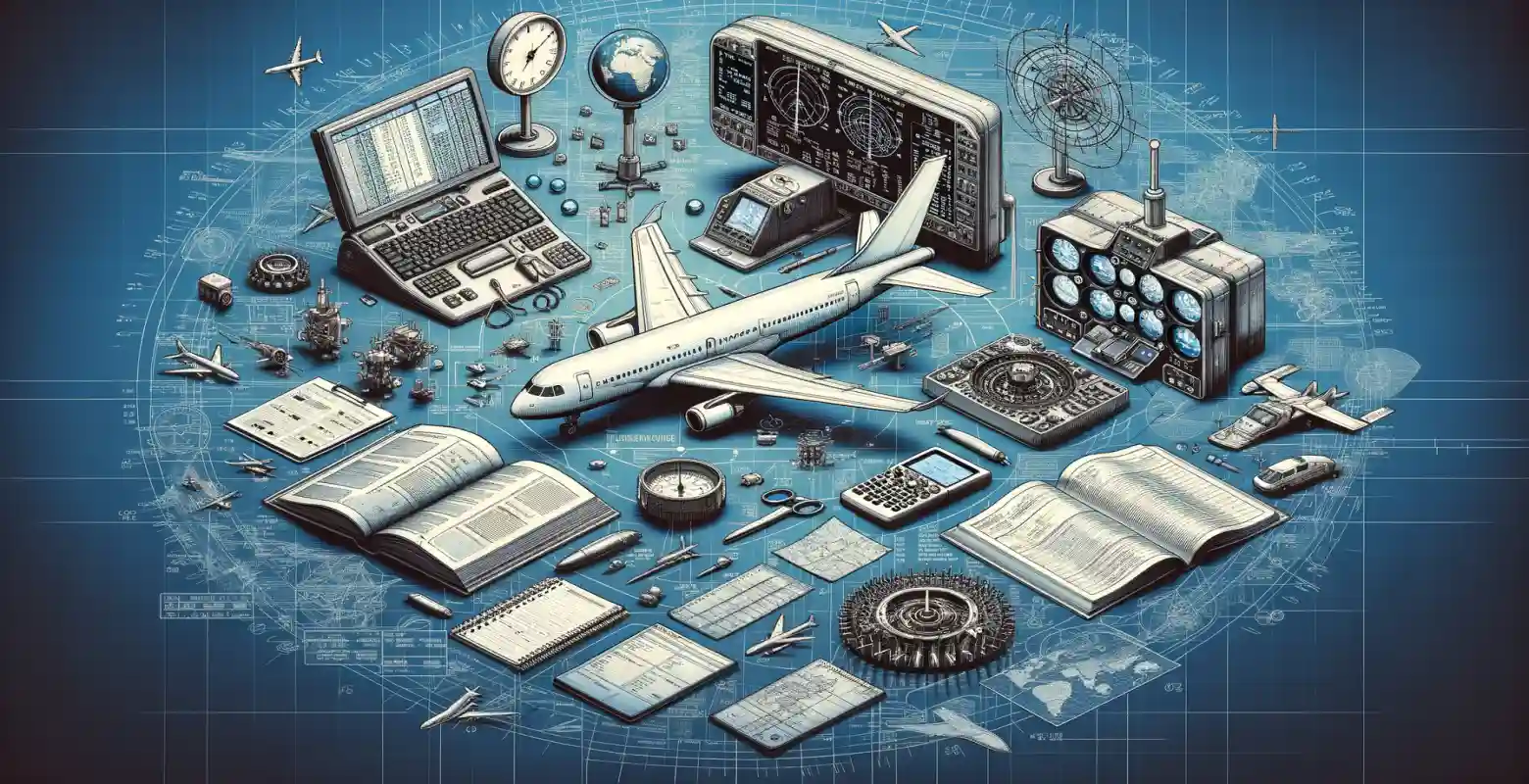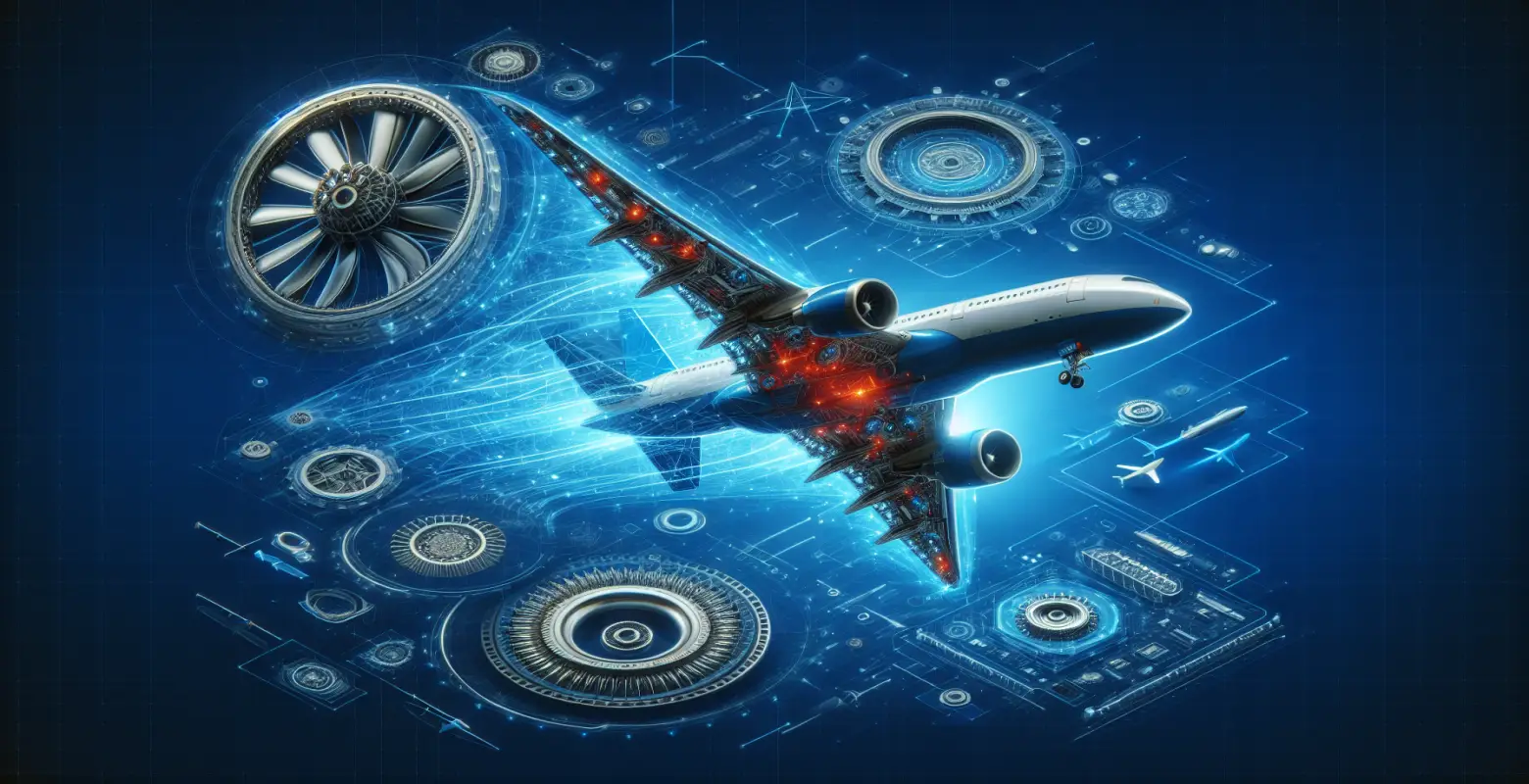What training is worth undergoing to work in aviation?
Introduction
Working in aviation is a dream for many people who are fascinated by the sky, technology, and travel. The aviation sector offers various career paths, from piloting aircraft to managing airport operations. With the dynamic development of technology and the growth of global air traffic, the demand for qualified professionals in this industry is constantly increasing. Therefore, training and courses preparing for work in aviation are crucial for individuals who want to advance their career in this field. In this article, we will look at what training is worth undergoing to work in aviation, and what skills are currently most desired by employers.
Pilot Training
The most obvious career path in aviation is becoming a pilot. To be able to fly aircraft, specialized training is necessary. The first step is obtaining a pilot's license. In Poland, licenses such as PPL (Private Pilot License) and CPL (Commercial Pilot License) can be obtained. PPL allows for recreational flying, while CPL enables work as a professional pilot.
To obtain CPL, candidates must undergo intensive theoretical and practical training, which includes learning navigation, meteorology, aviation law, as well as simulation training and flight training. The next step may be acquiring an ATPL (Airline Transport Pilot License), which is required for piloting passenger aircraft in major airlines.
It is also worth considering training on flight simulators, which are an essential part of the pilot training process, especially for training related to operating new types of aircraft.
Aircraft Mechanic Training
Aircraft mechanics play a crucial role in ensuring flight safety. To become an aircraft mechanic, it is necessary to complete appropriate courses and obtain certificates confirming qualifications. In Poland, courses such as Part-66 are popular, which comply with the regulations of the European Aviation Safety Agency (EASA).
These trainings include learning about the construction and operation of aircraft, power systems, avionics, as well as repair and maintenance techniques. Mechanics must also keep up to date with the latest technologies and procedures, so continuous learning and certification are essential.
Air Traffic Controller Training
Air traffic controllers are responsible for the safe and efficient management of aircraft traffic in airspace. To become a controller, specialized training is necessary, which includes both theory and practice.
In Poland, these trainings are conducted by institutions such as the Polish Air Navigation Services Agency (PAŻP). The training process includes learning radio communication, navigation procedures, air traffic management, and working with advanced radar systems.
Training as an air traffic controller is demanding and usually lasts several years, but it offers a stable and well-paying career. Additionally, controllers must regularly renew their certificates and participate in refresher courses.
Airport Operations Management Training
Airport operations cover a wide range of activities, from passenger handling to managing airport logistics and security. Individuals interested in this career path may consider studying aviation management, which often includes modules on airport operations.
It is also valuable to participate in courses offered by international organizations such as the International Air Transport Association (IATA), which offer certificates in airport security management, passenger handling, and airport logistics.
Aviation Safety Training
Safety is a priority in aviation, so training in this area is essential for many industry professionals. Courses such as SMS (Safety Management Systems) are becoming increasingly popular and required by many airlines and aviation organizations.
Safety training includes learning risk identification and management, emergency procedures, and techniques for analyzing aviation accidents and incidents. These skills are crucial for individuals working in flight safety management.
New Technologies and Career Development in Aviation
Technology plays an increasingly important role in aviation, so knowledge of new technologies is becoming more desirable. Training in drones, artificial intelligence, as well as data analysis and big data are becoming increasingly popular.
With the development of aviation technologies such as electric aircraft or automated navigation systems, specialists with skills in aviation engineering and programming will have more career development opportunities.
Summary
Working in aviation offers many exciting opportunities, but it requires adequate preparation and acquiring specialized knowledge. Whether someone wants to become a pilot, mechanic, air traffic controller, or safety specialist, participation in appropriate training and courses is crucial.
These trainings not only allow for the acquisition of necessary qualifications but also provide an opportunity for personal and professional development. In the rapidly changing aviation environment, continuous improvement of skills and keeping up with the latest technological trends are key to success in this industry.
We encourage individuals interested in working in aviation to actively seek training opportunities and develop their skills to meet the requirements of the future.






Number of comments: 0